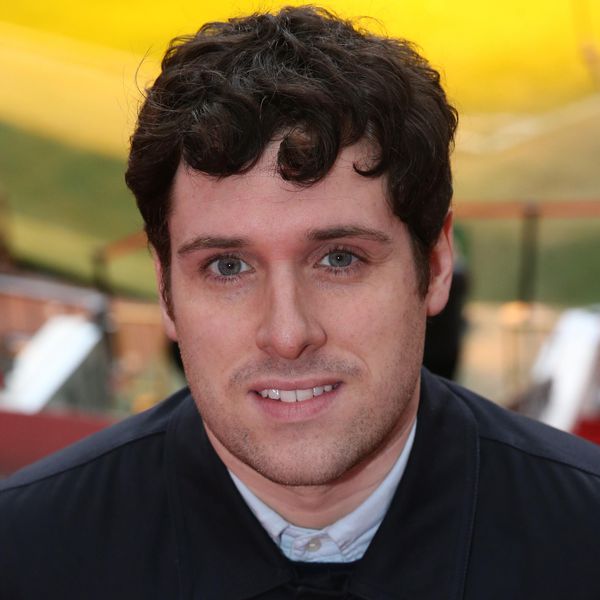United and Arsenal: The Wenger years
Sunday marks the end of an era. Not just for Arsenal fans – who will see the longest-serving manager in their club’s history lead them into battle at Old Trafford for the final time – but for United fans, too.
The match will be Arsene Wenger’s 60th against the 20-times champions of England, which means he is our most familiar managerial foe – and by quite some distance.
The Strasbourg-born supremo’s current tally of 59 matches against us puts him 10 clear of the next man, Brian Clough, and 11 clear of Harry Redknapp. Both faced United with different clubs, but Wenger has done so only with the Gunners.
That alone would be remarkable enough, but then you remember the contests, the moments, the matches themselves. It’s no exaggeration to say that Arsene Wenger’s Arsenal fronted up to Sir Alex Ferguson and Manchester United like few other opponents.
"Arsene is, without doubt, one of the greatest Premier League managers and I am proud to have been a rival, a colleague and a friend to such a great man."
Giggsy's wonder goal against Arsenal
As we're talking about Villa Park, it would be rude not to show Giggsy's wonder goal from 1999...
"The biggest compliment is that Arsenal played a level and quality of football that made us change the way we played against them. And we didn't change for too many."
Arsenal would not finish in one of the top two positions again until 2015/16, as Chelsea and then later, Manchester City, replaced the Gunners as the team regularly vying with United for the title. There were still classic encounters, including a Champions League semi-final in 2009, which Sir Alex's men won 4-1, with O’Shea again punishing Arsenal in the first leg at Old Trafford, before Ronaldo turned on the afterburners in the second leg in London. Wenger’s side would record the odd victory over United, but the Reds retained the upper hand for the majority of the time – something underlined by a remarkable 8-2 trouncing in 2011 – as Arsenal struggled to recapture the form of their title-winning years.
Classic match: United 6 Arsenal 1
Who can forget when Yorkie bagged a hat-trick as United thumped six past Arsenal in 2001?




